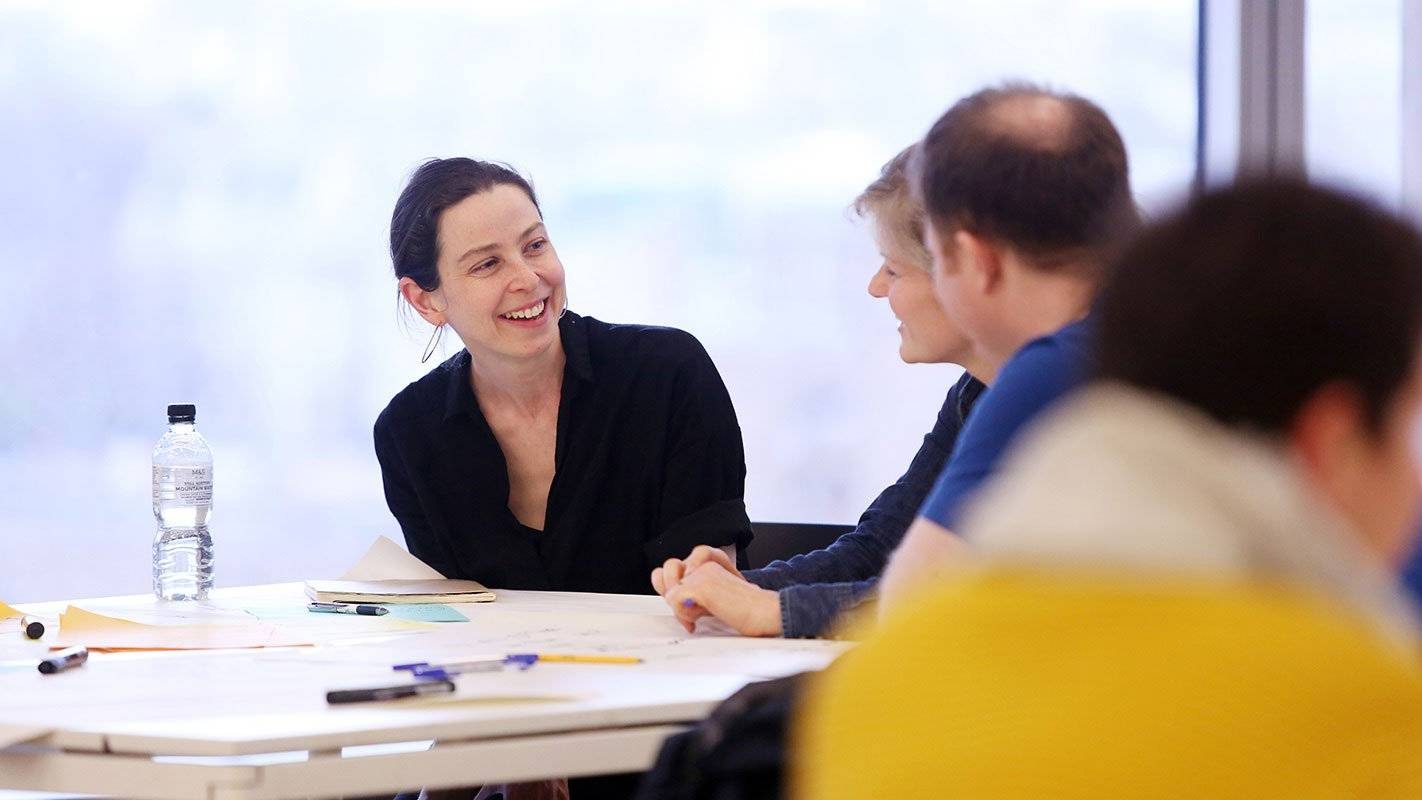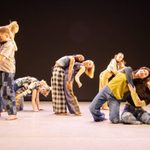
Research & Knowledge Exchange
Research is at the core of our mission at Trinity Laban. It informs our teaching and learning activity across all disciplines.
Our research staff work across a range of research areas including:
-
arts pedagogy
-
choreography
-
composition and performance
-
connections with the cognitive sciences
-
dance and related artforms
-
performance science and music psychology
-
theoretical approaches to music.
At Trinity Laban we offer an established research degree programme and host a range of events relating to research into the performing arts, including practice-based events.
Professor Jonathan Owen Clark
Head of Research and Knowledge Exchange
Making the latest arts research accessible to all
At Trinity Laban we believe the arts help connect people to the world around them.
Our Trinity Laban Research Online resource is available to everyone – whether you are a researcher, academic, student or member of the public. Explore the latest performing arts and creative practice research from our community.







